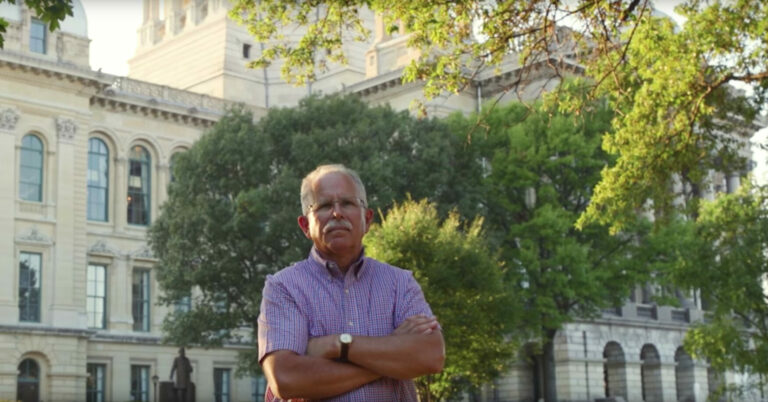
What Was the the Supreme Court’s Janus Case About?
For millions of Americans like Mark Janus, it means finally having a say over the use of the money they earned.
Each paycheck, government workers in many states would notice that some of their hard-earned money was deducted for union dues. It didn’t matter whether they had joined a union — they still had to pay up.
That money would be used by the union to pay for their advocacy activities — even if the workers funding this activity disagreed with its message. Unions insisted that the agency fees paid by workers went solely to fund regular union activities.
Of course, that assertion neglects the fact that all union activity — bargaining with the government for, say, salaries and benefits — is inherently using the dues of private citizens on matters of public concern, as it advocates for the government to change policies or pass legislation.
In short, this was compelled speech.
Since the Janus case, more and more workers have discovered that their First Amendment rights afford them the ability to join and leave their resident unions as they wish. They are now in control of their own paychecks, too — a right protected by the Supreme Court’s ruling.
That said, there’s still a long way to go to secure additional freedoms for workers. Many aren’t aware of what rights they have when entering the public sector. Quite often, union leadership doesn’t make that information available, or intentionally obscures the process for leaving.
Right-to-work in the states
In Pennsylvania, for example, lawmakers are considering a bill that would require unions to make information available to workers about how to opt out. Such legislation would be invaluable for workers looking to make the best decisions for their employment and families.
In other states, right-to-work freedoms are in danger of being clawed back. In Wisconsin, newly installed protections for workers are now being reconsidered by Gov. Tony Evers. Americans for Prosperity is working hard to protect those freedoms, which have attracted job creators and workers to Wisconsin.
Repealing right-to-work would reverse that trend.
In Kentucky, however, right-to-work protections are making real progress. AFP-Kentucky has worked hard to advocate for a right-to-work law in the state. With Gov. Matt Bevin’s support, it was able to pass, and, last year, the Kentucky Supreme Court upheld the law.
Nevertheless, barriers still exist for workers wanting to safeguard their First Amendment rights. For example, over 90% of unionized workers have never voted for their union representation.
Sign here to let your lawmakers know you stand with workers.


